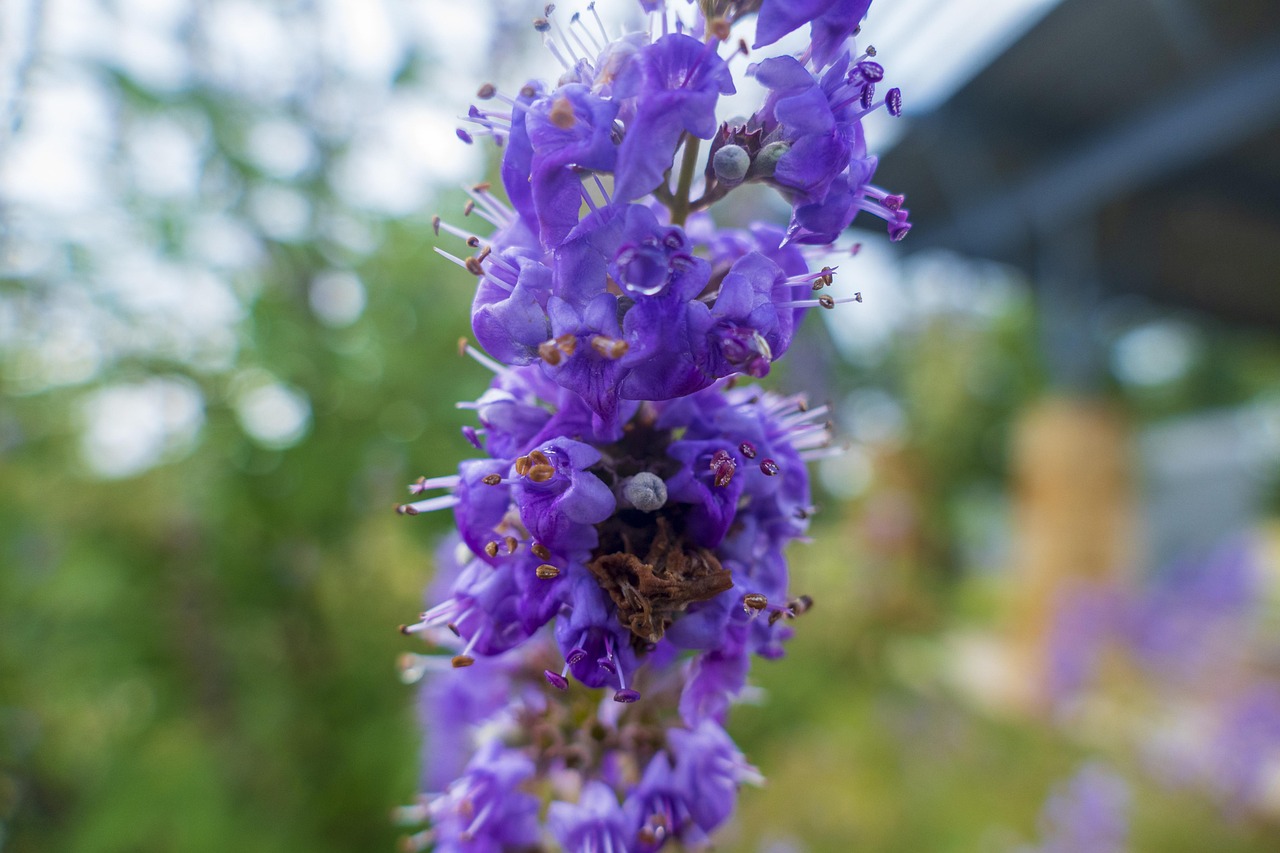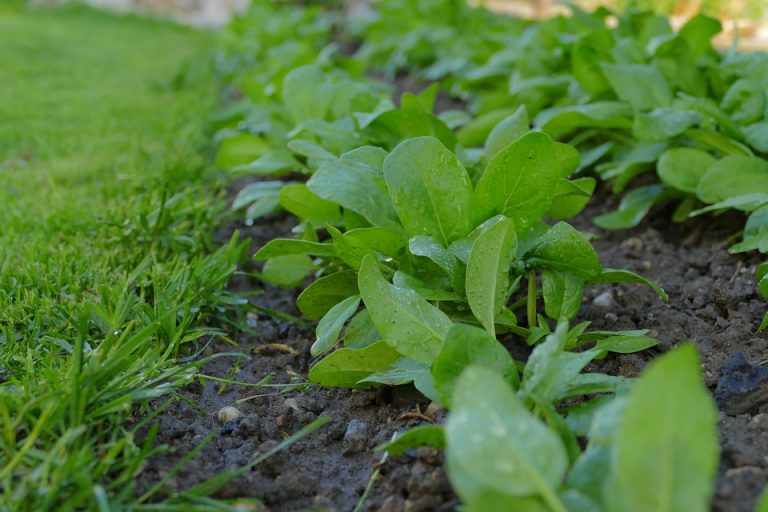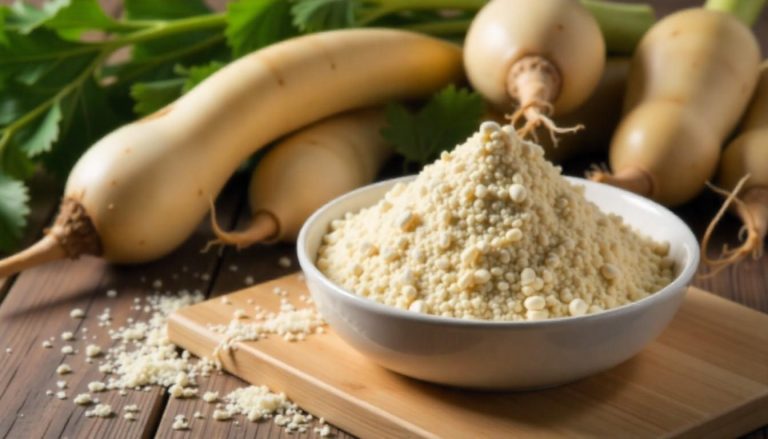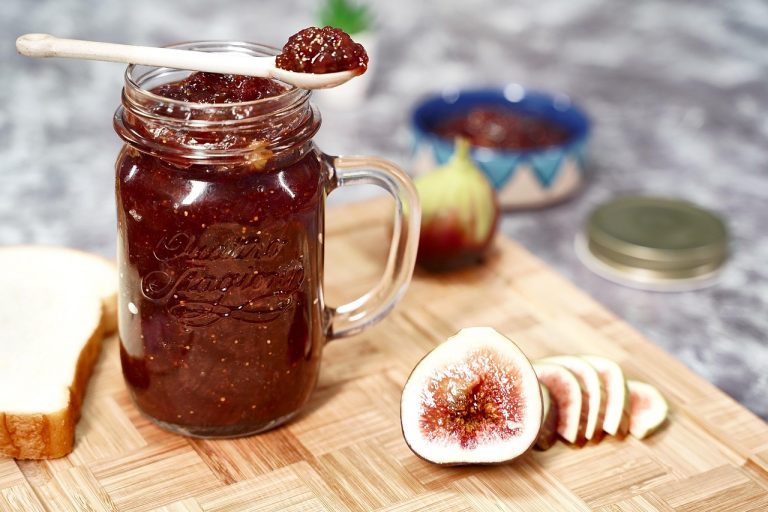Did you know that hormonal imbalances can affect everything from mood swings to weight gain? It’s true! Hormones are the body’s messengers, influencing everything from sleep cycles to metabolic rates. When they’re out of whack, it can feel like your body is working against you. But here’s some good news: certain herbs can help. Let’s explore five powerful herbs that can naturally balance your hormones and get you feeling like yourself again.
Contents
1. Ashwagandha: The Stress Buster
What It Is
Ashwagandha, also known as Withania somnifera, is an adaptogenic herb that has been used in Ayurvedic medicine for centuries. It’s renowned for its ability to help the body adapt to stress.
How It Works
Research indicates that ashwagandha can lower cortisol levels, the hormone often referred to as the “stress hormone.” Elevated cortisol can lead to various issues, including weight gain, anxiety, and disrupted sleep. By helping to balance cortisol, ashwagandha can contribute to overall hormonal harmony.
Pros and Cons
Pros:
- Can reduce stress and anxiety.
- May enhance thyroid function.
- Supports adrenal health.
Cons:
- Some may experience gastrointestinal discomfort.
- Not suitable for everyone, especially pregnant or breastfeeding women.
Personal Experience
I tried ashwagandha during a particularly stressful work project, and I noticed a significant improvement in my mood and energy levels. While individual results may vary, it’s worth considering if you’re feeling overwhelmed.
References
- Chandrasekhar, K., Kapoor, J., & Anishetty, S. (2012). A Prospective, Randomized Double-Blind, Placebo-Controlled Study of the Effect of Ashwagandha on Stress and Anxiety. Indian Journal of Psychological Medicine, 34(3), 255-262. https://www.ncbi.nlm.nih.gov/pmc/articles/PMC3573577/
2. Maca Root: The Energy Booster
What It Is
Maca root, a cruciferous vegetable native to Peru, has been used for centuries for its energizing properties. It’s often referred to as a superfood, thanks to its rich nutrient profile.
How It Works
Maca is believed to support hormonal balance by nourishing the endocrine system. It contains compounds called glucosinolates, which may help regulate hormone production. Plus, it’s a fantastic energy booster without the jitters that come from caffeine.
Pros and Cons
Pros:
- Can enhance energy and stamina.
- May improve libido and sexual function.
- Rich in vitamins and minerals.
Cons:
- Overconsumption can lead to digestive issues.
- Not everyone may enjoy its nutty flavor.
Anecdote
I remember the first time I added maca to my morning smoothie. I felt a noticeable energy boost without the crash later on. It’s become a staple in my routine, especially during busy weeks.
References
- Gonzales, G. F., & Cordova, A. (2011). Maca (Lepidium meyenii) and Its Effects on Sexual Function: A Systematic Review. Evidence-Based Complementary and Alternative Medicine, 2011. https://www.hindawi.com/journals/ecam/2011/575138/
3. Vitex (Chaste Tree): The Cycle Regulator
What It Is
Vitex agnus-castus, commonly known as chaste tree or vitex, has been used traditionally to treat menstrual disorders and support reproductive health.
How It Works
Vitex works by influencing the pituitary gland, which in turn helps regulate the production of hormones like progesterone and estrogen. This can help alleviate symptoms of PMS and support overall menstrual health.
Pros and Cons
Pros:
- Can help with PMS symptoms.
- May regulate menstrual cycles.
- Supports fertility in women.
Cons:
- Results may take several cycles to become noticeable.
- Some may experience mild side effects like headaches.
Q&A
Q: How long does it take for vitex to work?
A: It can take several weeks to months to see significant results, so patience is key.
References
- Schulte, M. H., & Huber, H. (2011). Vitex agnus-castus: A Review of Its Effectiveness in Treating Premenstrual Syndrome. Phytotherapy Research, 25(6), 849-853. https://onlinelibrary.wiley.com/doi/abs/10.1002/ptr.3353
4. Dong Quai: The Women’s Herb
What It Is
Dong quai, or Angelica sinensis, is often referred to as “female ginseng.” This herb has been used in Traditional Chinese Medicine for centuries to support women’s health.
How It Works
Dong quai is believed to help balance estrogen levels, making it particularly useful for women experiencing hormonal fluctuations due to menstruation or menopause. It can also improve blood circulation, which can be beneficial for overall health.
Pros and Cons
Pros:
- May ease menstrual cramps and regulate cycles.
- Supports overall reproductive health.
- Can enhance energy levels.
Cons:
- Not suitable for those with certain hormone-sensitive conditions.
- May cause photosensitivity in some individuals.
Cultural Context
In Chinese culture, dong quai has been cherished for generations as a tonic for women. It’s fascinating to see how traditional practices have endured and evolved over time.
References
- Hwang, J. K., & Choi, J. H. (2005). Dong Quai (Angelica sinensis) Reduces Symptoms of Menopause: A Review of Clinical Studies. The Journal of Alternative and Complementary Medicine, 11(5), 895-898. https://www.liebertpub.com/doi/abs/10.1089/acm.2005.11.895
5. Holy Basil: The Hormonal Balancer
What It Is
Holy basil, or Ocimum sanctum, often referred to as tulsi, is another adaptogenic herb that has been celebrated in Ayurvedic medicine for its numerous health benefits.
How It Works
Holy basil helps to regulate cortisol levels and can also improve insulin sensitivity, making it beneficial for those dealing with hormonal imbalances related to blood sugar levels.
Pros and Cons
Pros:
- May help reduce stress and anxiety.
- Can support blood sugar regulation.
- Rich in antioxidants.
Cons:
- Some people may experience digestive upset.
- Long-term safety is not well-studied.
Step-by-Step Guide to Use Holy Basil
- Tea: Brew fresh or dried holy basil leaves in hot water for 10 minutes. Enjoy daily.
- Supplement: Look for capsules or extracts at health food stores. Follow dosage instructions.
- Culinary Uses: Add fresh holy basil to salads, soups, or stir-fries for flavor and health benefits.
References
- Sinha, S. K., & Gupta, R. C. (2015). Holy Basil (Ocimum sanctum): A Review of Its Medicinal Properties. Journal of Ethnopharmacology, 175, 580-588. https://www.sciencedirect.com/science/article/abs/pii/S0378874115300486
FAQs
Q: Can herbs really balance hormones?
A: While many herbs show promise in supporting hormonal balance, individual responses can vary. It’s always best to consult with a healthcare provider.
Q: How long does it take to see results from these herbs?
A: Results can vary widely; some may experience changes within weeks, while others may take months.
Q: Are there any side effects to using these herbs?
A: Like any supplement, herbs can have side effects. It’s crucial to start with small doses and monitor your body’s response.
Conclusion
Balancing hormones naturally can be a game-changer for your overall well-being. While herbs like ashwagandha, maca, vitex, dong quai, and holy basil offer promising benefits, it’s essential to approach them with an open mind and realistic expectations. Remember, everyone’s body is unique, and what works for one person may not work for another.
So why not give one or more of these herbs a try? You might just find the balance you’ve been looking for. And always consult with a healthcare professional before making any significant changes to your health routine.
This article is for educational purposes only and is not a substitute for professional medical advice. Always consult a qualified healthcare provider before making changes to your health routine.
References
-
Chandrasekhar, K., Kapoor, J., & Anishetty, S. (2012). A Prospective, Randomized Double-Blind, Placebo-Controlled Study of the Effect of Ashwagandha on Stress and Anxiety. Indian Journal of Psychological Medicine, 34(3), 255-262. https://www.ncbi.nlm.nih.gov/pmc/articles/PMC3573577/
-
Gonzales, G. F., & Cordova, A. (2011). Maca (Lepidium meyenii) and Its Effects on Sexual Function: A Systematic Review. Evidence-Based Complementary and Alternative Medicine, 2011. https://www.hindawi.com/journals/ecam/2011/575138/
-
Schulte, M. H., & Huber, H. (2011). Vitex agnus-castus: A Review of Its Effectiveness in Treating Premenstrual Syndrome. Phytotherapy Research, 25(6), 849-853. https://onlinelibrary.wiley.com/doi/abs/10.1002/ptr.3353
-
Hwang, J. K., & Choi, J. H. (2005). Dong Quai (Angelica sinensis) Reduces Symptoms of Menopause: A Review of Clinical Studies. The Journal of Alternative and Complementary Medicine, 11(5), 895-898. https://www.liebertpub.com/doi/abs/10.1089/acm.2005.11.895
-
Sinha, S. K., & Gupta, R. C. (2015). Holy Basil (Ocimum sanctum): A Review of Its Medicinal Properties. Journal of Ethnopharmacology, 175, 580-588. https://www.sciencedirect.com/science/article/abs/pii/S0378874115300486
Get Your FREE Natural Health Guide!
Subscribe now and receive our exclusive ebook packed with natural health tips, practical wellness advice, and easy lifestyle changes, delivered straight to your inbox.





